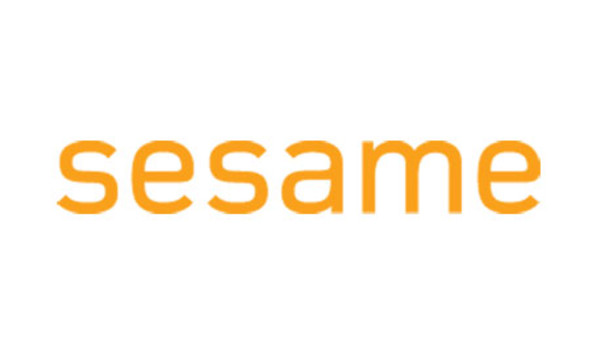

Sesame, the totemic and historic pillar of a model which once stood so proud at the centre of the advice sector, could be left to ruin by its soon-to-be parent company.
Aviva has said it will not fund ongoing ‘open-ended’ support for the Sesame Bankhall Group business which is currently propped up financially by Friends Life, soon to be merged with the former to form a major life, pensions and investments giant.
According to the takeover prospectus, SBG is going to continue to make losses, continue to face claims, and needs to be fundamentally re-thought if it is to survive in a sustainable fashion.
Unless a strategic review which has already been rolling along for two years throws up a solution that means it can independently survive, it could well be allowed to fail. Oh, and the regulator could block some of the potential solutions.
It would be an ignominious end for a network and support services business which still boasts some 2,000 members and nationwide distribution reach. Bits might survive, but I’d wager the once-core network unit would be lost.
Certainly buyers haven’t been rushing forward since SBG has been on the block - and those which have expressed interest have, reportedly, wanted to split the business and avoid taking the network on.
This is where £19m worth of losses were concentrated, where past advice claims are mounting, and is the part of the business which has been hit by four separate fines from the regulator, including one over panel deals for its new restricted model last year.
Elsewhere this week, another struggling network which saw losses grow last year and which has been pinged by the regulator in the past year saw its future prospects improve after it was bought out by listed consolidator Tavistock.
A £2.7m buyout of Financial Ltd, funded through a heavily discounted share issuance, has been agreed which should see the currently 300-strong adviser network - which has shrunk 40 per cent following an FCA recruitment ban - given a new lease of life.
What this means for the network is yet to be seen. “Synergies” will be realised and some rivals have already openly suggested the independent advice heritage of the business might wither as it joins a firm which has extolled the virtues of restricted advice in the past.
Other major networks and nationals with a strong legacy have also reported difficulties in recent years. Early last year Lighthouse, for example, revealed its losses were widening on the back of past business reviews and compensation.
So where does this leave us? Here are a few thoughts.
Firstly, this is as much a legacy business issue as it is a network issue. Some smaller networks without such an extensive pre-RDR heritage won’t face the same claims load related to advice from a different era.
I’m also inclined to agree that the independent model in larger national or network organisations is done for. In an increasingly compliance-orientated sector operating in an increasingly litigious world, the lack of control this involves will simply be too difficult to manage.
Thirdly, ‘restricted’ will mean just that for many of these businesses longer term. It’s no use being restricted if this remains relatively ‘whole of market’ and offers no protection against the cavalier few, but equally panel-style arrangements are open to question following the Sesame fine.
Allied to this, we might see the realisation of predictions of a greater role for support services business in place of traditional networks.
Such groups, like SBG’s own Bankhall which is currently growing at Sesame’s expense, offer the same member compliance support, but take none of the risks and impose few of the limitations. This could become a ‘sweet spot’ with rising demand from smaller IFAs post-RDR, too.
Finally, don’t write off the larger distributor completely. Old Mutual’s buyout of Intrinsic, the relentless growth of St James’s Place and Tavistock’s own acquisitive expansion show there is still a perception of value in big customer-facing arms.
Worth noting, of course, that in all cases there is a vertically-integrated element which offers ‘strategic’ value beyond the simple fees accrual. This could be a defining characteristic in the years to come.
ashley.wassall@ft.com




